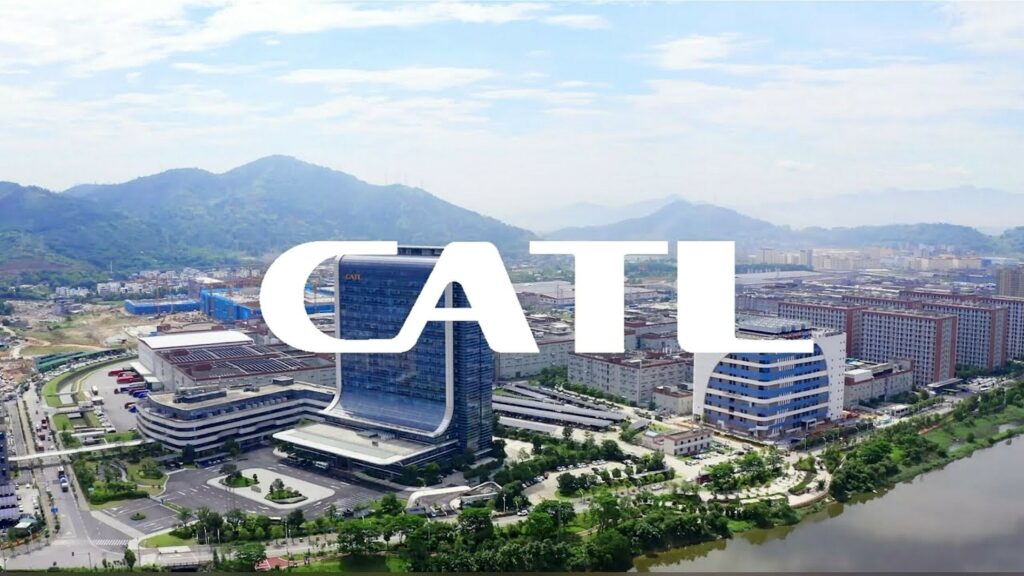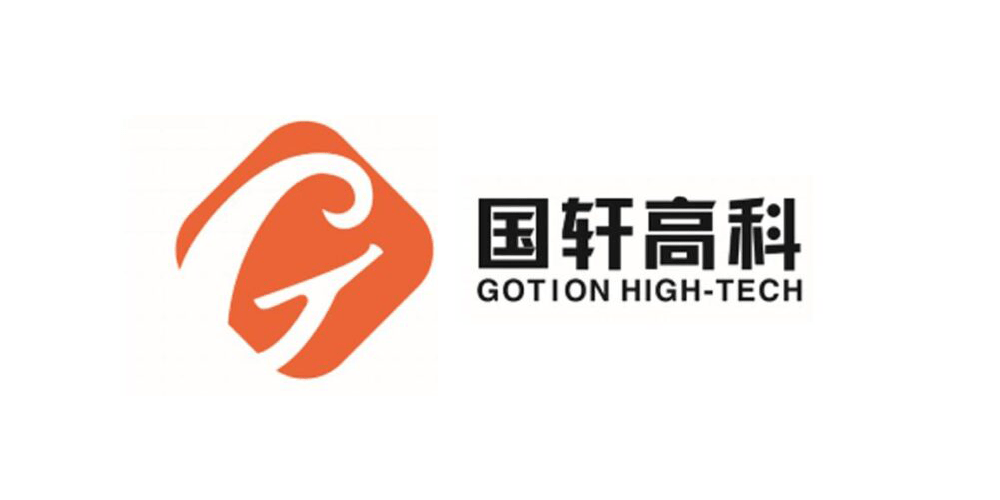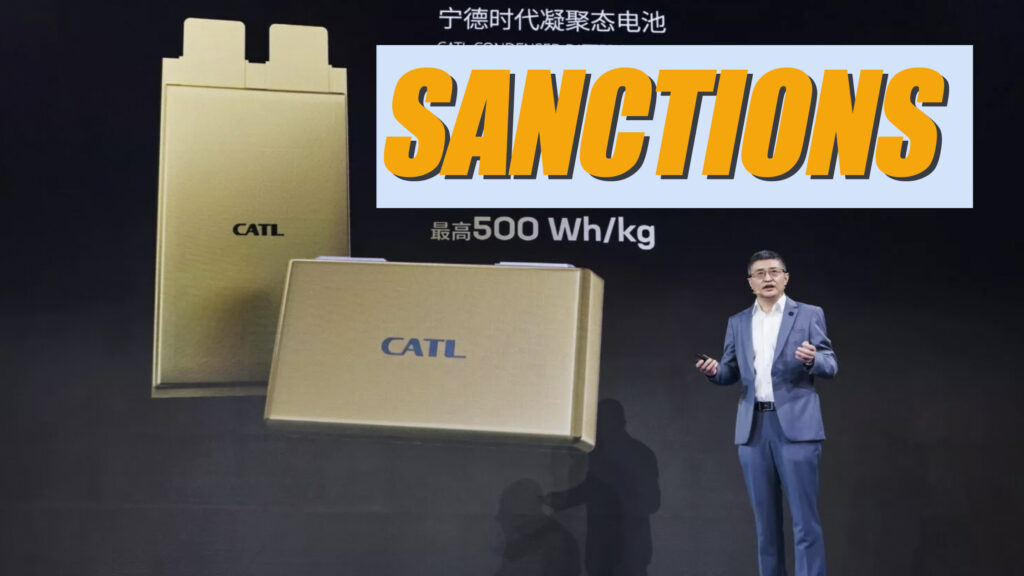- Lawmakers called upon CATL and Gotion High-Tech to be added to the entity list over claims of forced labor.
- CATL is a major partner with Ford for EV batteries, while Gotion High-Tech is part-owned by Volkswagen.
- Both companies deny any use of forced labor in their supply chains.
Republican lawmakers have called for Chinese battery manufacturers CATL and Gotion High-Tech to be immediately banned from exporting goods to the United States. The lawmakers alleged that the companies utilize supply chains that include forced labor.
CATL (Contemporary Amperex Technology) is the world’s leading battery manufacturer and a major partner of Ford. They have collaborated with multiple car makers in that past, including BMW, Honda, Tesla, and Hyundai. CATL’s technology was scheduled to be used in a $3.5 billion battery plant that the Blue Oval planned in Michigan. Meanwhile, Gotion High-Tech is a Chinese battery manufacturer partially owned by the Volkswagen Group.
Read: U.S. Sues Hyundai Over Child Labor After Finding 13 Y.O. Working Up To 60 Hours A Week At Supplier
The Wall Street Journal reports that the calls come from Rep. John Moolenaar, head of the House Select Committee on the Chinese Communist Party, Rep. Mark Green, chairman of the House Homeland Security Committee, Sen. Marco Rubio, and others.
The lawmakers have asked that CATL and Gotion be added to the entity list. The list designates businesses the U.S. believes are involved in the use of forced labor from China’s Xinjiang region, which is the home to the Uyghur people and other minority groups. It’s alleged that the battery manufacturers are affiliated with Xinjiang Production and Construction Corps. The company is accused of being a paramilitary organization in Xinjiang and has already been sanctioned.

If CATL and Gotion are added to the entity list, it will serve as another blow to their aspirations in the U.S. CATL’s partnership with Ford has already courted controversy. Their attempt to license tech to the U.S. automaker came under great scrutiny from both Chinese officials and the U.S. House of Representatives. Gotion had also planned a battery plant in Michigan, but worries over China’s influence over the U.S. auto industry has meant that this project, too, faces intense scrutiny.
A spokesperson responded to the Wall Street Journal’s report, saying that “Any suggestion that CATL has used forced labor, or has any connection to forced labor, is absolutely false.” Gotion made similar comments when Reuters asked for a statement, saying the allegations were “baseless and absolutely false.”





